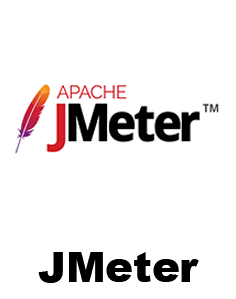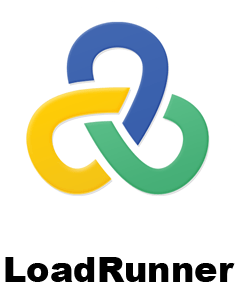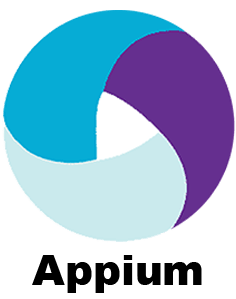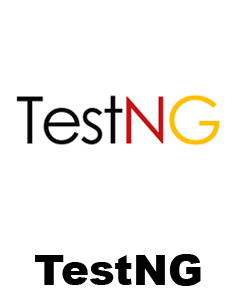1. What is Use Case Testing and how is it used in software testing?
Ans:
Use Case Testing is method used to verify whether software performs correctly based on how a real user would interact with it. Testers focus on user scenarios and actions, checking if system behaves as expected during these interactions. This technique helps ensure the application works well in real-world usage situations.
2. Can you explain the difference between STLC and SDLC?
Ans:
STLC, or Software Testing Life Cycle, refers specifically to the steps involved in testing activities such as planning, writing test cases, executing them and tracking bugs. The complete software development process, including planning, development, testing, deployment and maintenance, is covered by the Software Development Life Cycle or SDLC. In short, STLC is one part of the overall SDLC process.
3. What is a Traceability Matrix and why is it important?
Ans:
A Traceability Matrix is a tool used to map and track test cases against the project’s requirements. This document ensures that every requirement has been tested, helping teams confirm full coverage and reduce the risk of missing any critical feature during the testing phase.
4. What does Equivalence Partitioning mean in testing?
Ans:
Equivalence Partitioning is technique where input values are grouped into partitions that are expected to behave similarly. Instead of testing each value, testers select one representative input from each group. This method preserves accuracy while cutting down on time and improving testing efficiency.
5. What is White Box Testing and what are the different types?
Ans:
White Box Testing involves examining the internal structure, code and logic of the software. Testers need to understand how the system works internally. Unit testing, integration testing, statement testing and branch testing are some forms of white box testing.
6. What is Black Box Testing and what methods are used in it?
Ans:
Black Box Testing is all about testing the functionality of the software without knowing how it is coded inside. Testers focus on inputs and expected outputs. Common techniques used include equivalence partitioning, boundary value analysis, decision table testing, state transition testing and error guessing.
7. How do Static Testing and Dynamic Testing differ from each other?
Ans:
Static Testing is conducted without running the software. It involves reviewing code, design documents or requirements to find errors early in the development phase. In contrast, dynamic testing involves running the program to examine its operation and behavior. While static testing finds potential bugs before execution dynamic testing identifies issues during runtime.
8. What are the different levels of software testing?
Ans:
Testing is usually done in four key levels: Unit Testing (testing individual code components), Integration Testing (checking interactions between components), System Testing (verifying the complete system as a whole) and Acceptance Testing (ensuring the product meets business and user requirements).
9. What information is typically included in a Test Plan?
Ans:
A Test Plan outlines the full strategy for conducting software testing. It includes what needs to be tested, how testing will be carried out, tools required, team responsibilities, test environment setup and the testing timeline. It acts as a roadmap for the testing process and helps teams stay aligned.
10. How is Data-Driven Testing different from Retesting?
Ans:
Using various sets of input data, the same test scenario is repeated several times as part of data-driven testing to see how the system responds to variances. Retesting, on the other hand, involves repeating specific tests with the same data to confirm that a previously fixed bug no longer exists. Data-driven testing assesses how well the software functions in different scenarios, whereas retesting confirms a fix.

























